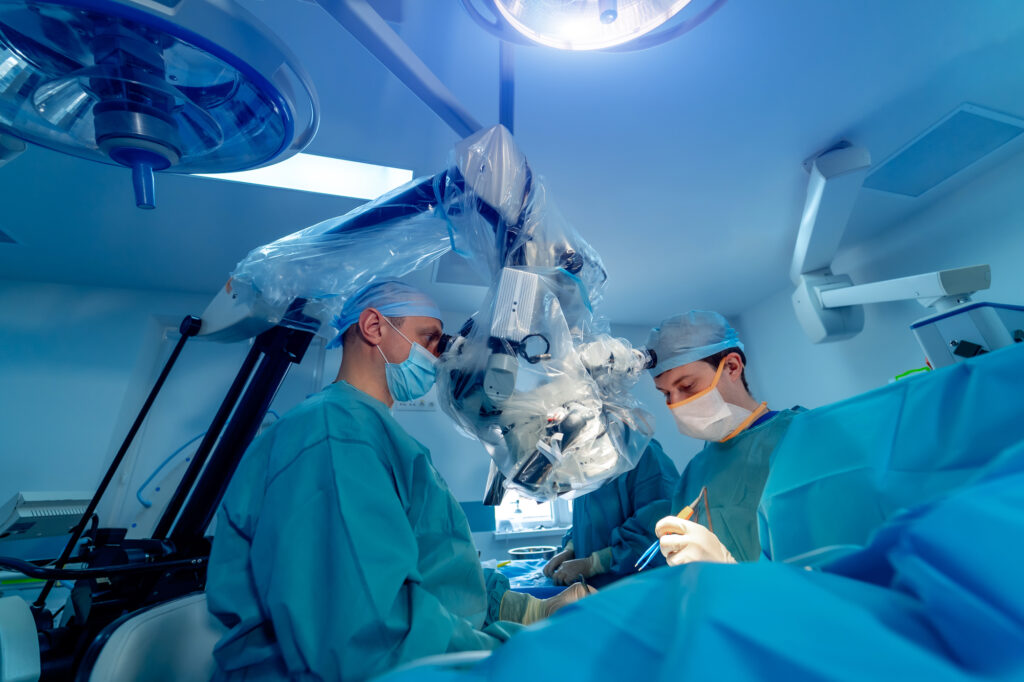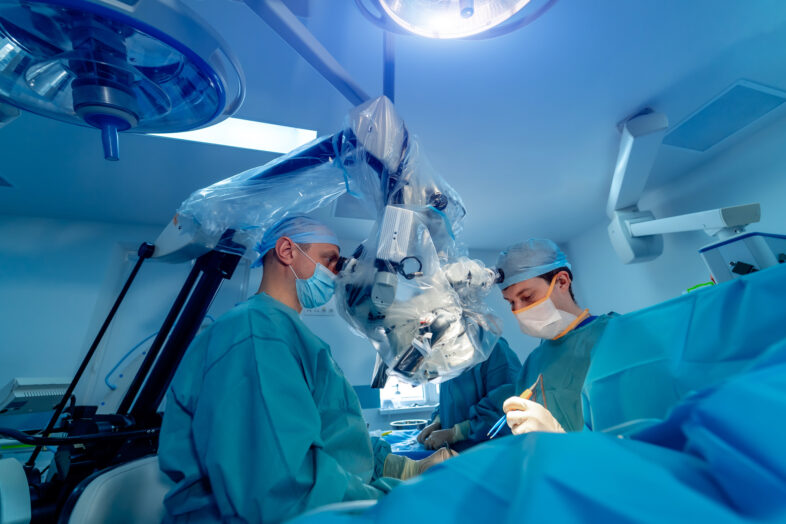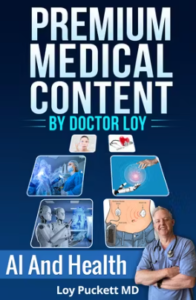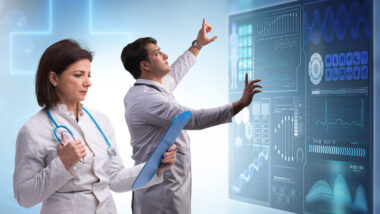
This Offer Will Go LIVE When The Timer Hits Zero!
-664Days
-18Hours
-32Minutes
-39Seconds
Healthcare robotics is a great example of how Artificial Intelligence (AI) is being used in medicine today. Robots are programmed to perform a variety of functions and can be used in the following:
- Robot-Assisted Surgery: Robotic systems are being used to assist surgeons in performing surgical procedures with increased precision and control. These robots provide a magnified, high-definition 3D view of the surgical site and allow for more precise movements of instruments. Here is a short video on how a robotics is used in a total knee replacement.
- Rehabilitation: Robotics are used in physical and occupational therapy to aid in the rehabilitation of patients recovering from injuries or surgeries. Robotic devices can be programmed to provide repetitive and controlled movements to help patients regain strength, flexibility, and coordination. This allows a physical therapist to treat more than one patient at a time, thus increasing their efficiency.
- Telemedicine and Remote Surgery: Through telemedicine, doctors can diagnose and treat patients remotely. There are even remote surgery options that involve a surgeon using robotic systems to perform surgery on a patient located at a different location. This potential option is especially beneficial to the patient when specialized surgical expertise is needed but not available locally. Although, many potential obstacles exist with this option, the possibilities for the future are quite promising.
- Prosthetics: Advanced robotic prosthetic limbs provide amputees with improved mobility and functionality. Through the use of AI coupled with robotics, these prosthetics are controlled better via neural signals or other intuitive interfaces. This not only allows users to perform more natural movements but also improves their quality of life and enhances their ability to function more normally.
- Pharmaceuticals: In the world of pharmaceuticals, robotics play an important role by automating certain processes like high-throughput screening and sample preparation. And, they have the ability to rapidly test and analyze thousands of potential drug compounds, thus accelerating the drug development process.
- Laboratory Automation: In research and diagnostic laboratories, robots automate repetitive tasks such as sample handling, pipetting, and analysis. This not only reduces the potential for human error, but also increases the efficiency of laboratory processes. The endgame is getting results to the healthcare professional and patient sooner and with more accuracy.
- Diagnostic Imaging: Where used, robotic systems enhance the accuracy and precision of diagnostic imaging procedures like MRI-guided interventions or the proper positioning of patients for imaging scans, thus reducing image scans that might not show the best view and could impact a reading of the image.
- Disinfection and Sterilization: Robots equipped with UV-C light or other disinfection technologies have been used to sanitize hospital rooms and medical equipment, reducing the risk of healthcare-associated infections in patients utilizing the particular room, but also to the personnel whose task it is to clean the room.
It’s important to note that the field of robotics in healthcare is continually evolving, and new applications are being developed as technology advances. This technology has already proven advantageous not only to doctors, surgeons and lab personnel, but also to patients themselves.
For more information on AI and Health, get my latest product, which launches today, September 12th at 9 AM Central Time.
Premium Medical Content By Doctor Loy: AI And Health

Doctor Loy
Loy Puckett MD
Emergency Medicine – 28 Years Experience



